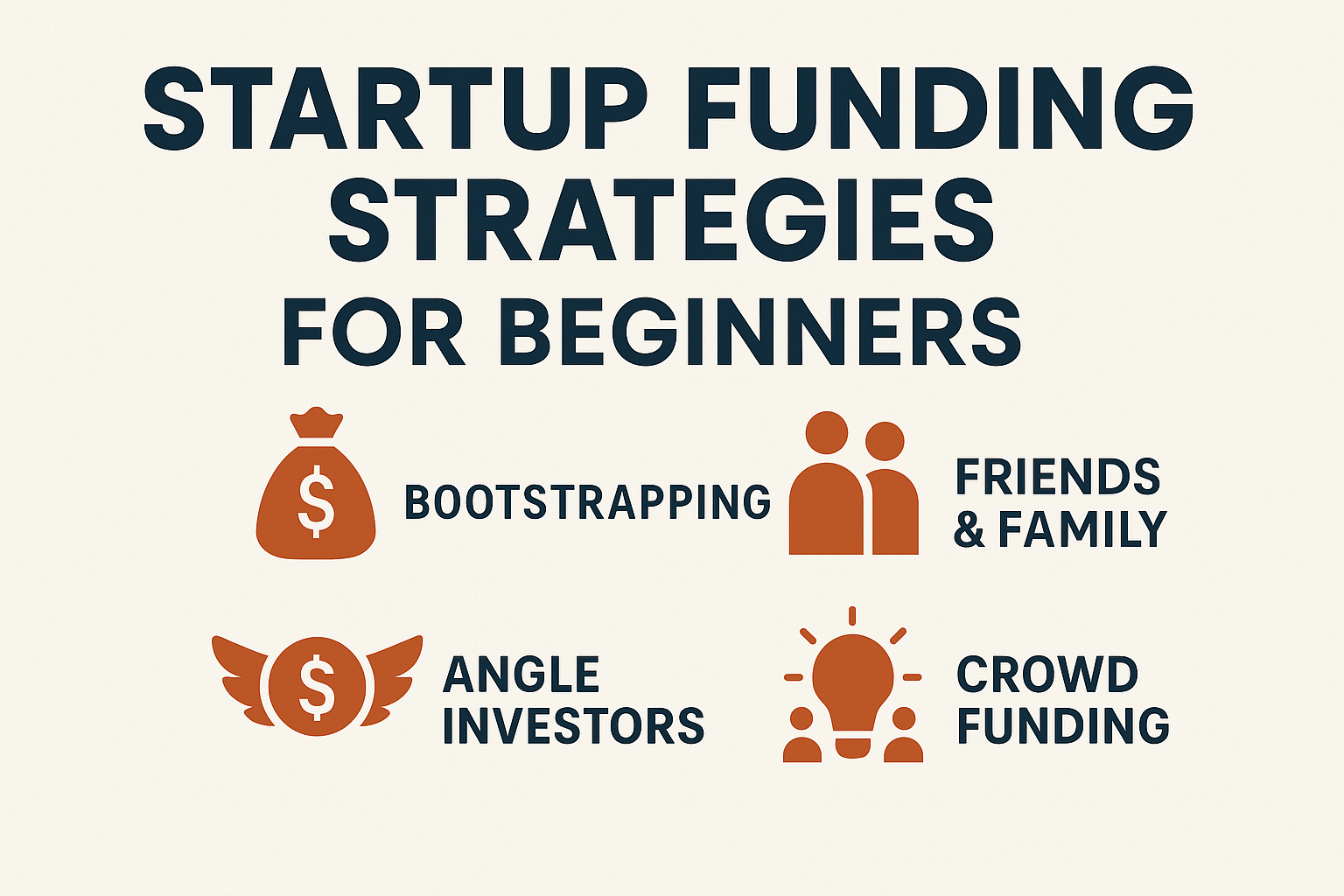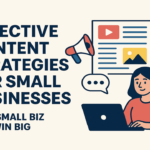So, you’ve got a killer startup idea. You’re ready to build the next big thing—but your bank account looks like it just survived a zombie apocalypse. Don’t sweat it. Every startup begins with the same terrifying question: How the heck do I get funding?
Good news: you’ve got options. Not all of them require you to wear a suit or pitch in front of stone-faced investors who ask questions like, “What’s your exit strategy?” (Ugh.) Let’s talk about real-world startup funding strategies for beginners—minus the soul-crushing jargon.
Bootstrapping: Your Wallet, Your Rules
Let’s start with the OG of startup funding: bootstrapping. That’s just a fancy word for using your own money (or very creatively stretching what little you have) to get started. Think of it as DIY funding—minus the Pinterest boards.
Bootstrapping isn’t for the faint-hearted. You’re the investor, the boss, and the safety net. But it gives you complete control. No one’s asking for a chunk of your company in return for their cash. You call the shots.
Pro tip: Keep your costs lean. Build a basic version of your product (a.k.a. a Minimum Viable Product or MVP) and get feedback fast. Think ramen noodles over catered lunches.
Friends, Family, and Fools (Hey, Their Words, Not Ours)
This one sounds sketchy, but hear us out. Friends and family funding is a classic beginner move. These are the people who believe in you, not just your pitch deck.
But beware: mixing business and relationships can get messy. If you go this route, treat it like a real investment. Use contracts. Be transparent about risks. And for the love of all things peaceful, don’t take your mom’s retirement money unless you’re really sure you’ve got something.
Angel Investors: The Fairy Godparents of Startups
Now we’re getting to the juicy stuff. Angel investors are typically successful entrepreneurs or professionals who invest their own money in early-stage startups. They’re called “angels” because when you’re bootstrapping and they hand you a check, it really can feel like a divine intervention.
What makes angel investors so valuable? They tend to come in earlier than venture capital firms, and beyond the funding, they bring mentorship, insider connections, and sometimes a much-needed ego boost.
So, how do you find one? Start by building genuine relationships. Angel networks are active in most major cities, and platforms like AngelList or LinkedIn are great starting points. Also, knowing how to build a personal brand online can set you apart—investors often check out your digital presence before making contact. Always have your elevator pitch ready; you never know who you might run into in line for coffee.
Venture Capital: The Big Leagues (But With Strings Attached)
Venture capital is the dream, right? Big checks. Big offices. Big headlines. But let’s pump the brakes for a second.
VCs (venture capitalists) invest in startups that are ready to scale fast. They’re not here for your side hustle—they want growth, and lots of it. If you’re in a high-growth sector like tech, healthcare, or AI, VCs might be interested. But they’re selective. Like, “getting into an exclusive nightclub with a clipboard guy at the door” selective.
Also, VCs don’t just give money—they want equity, decision-making power, and a clear path to profit. That’s fair. It’s their money. But it means giving up some control. If you’re not cool with that, bootstrapping or angel funding might be a better vibe.
Crowdfunding: Let the Internet Back You
You’ve seen it: people raising thousands (sometimes millions) with nothing but a clever video and a dream. Crowdfunding platforms like Kickstarter and Indiegogo let you pitch directly to the masses.
If your product is visual, unique, and something people want (or didn’t know they needed), this could work. The trick? Great storytelling, compelling rewards, and relentless promotion. It’s part marketing campaign, part fundraising strategy.
Bonus: You keep control of your company. Downside? You’ve got to deliver what you promise—and the internet is not forgiving.
Final Thoughts: Start Smart, Stay Scrappy
Funding a startup is like dating: different approaches work for different people. Some founders bootstrap all the way to millions. Others build relationships with angel investors and slowly scale. Some land VCs and go big or go home.
The key is knowing where you are, being honest about what you need, and staying flexible. You don’t need a billion dollars to start—you just need the right strategy (and maybe a decent cup of coffee).
So, go on. Pitch with confidence. Build smart. And remember: even the biggest companies started with a small, scary idea—and a little cash.







